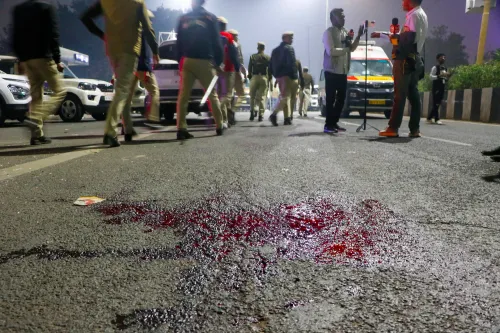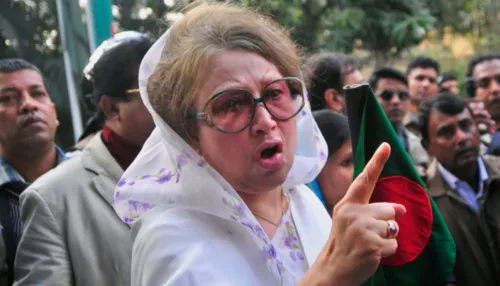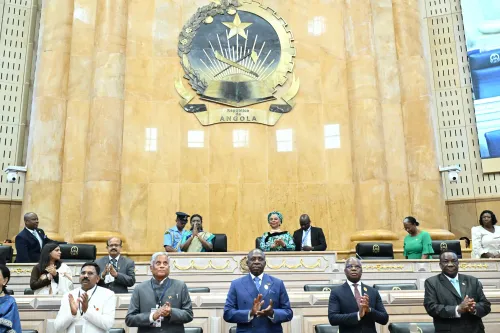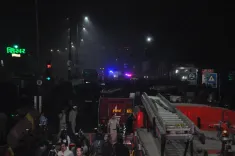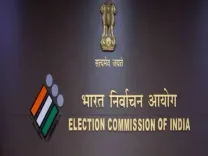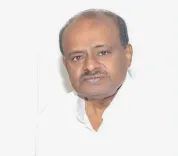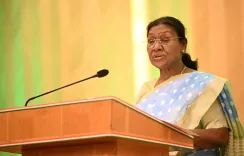Oman Takes on Mediator Role for US-Iran Nuclear Talks in Rome
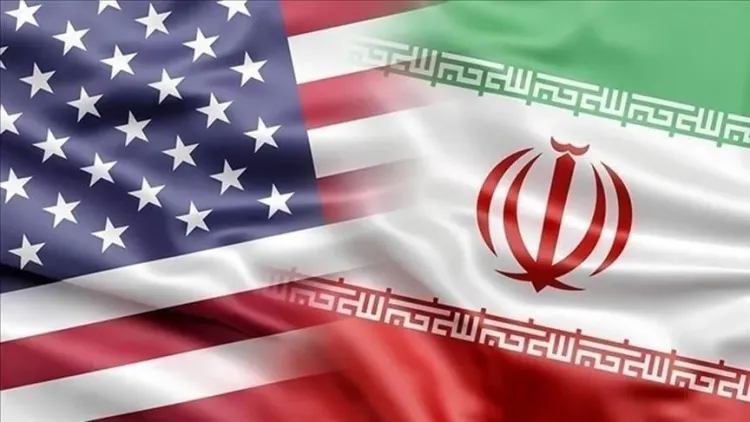
Synopsis
Key Takeaways
- Oman mediates US-Iran nuclear negotiations in Rome.
- Initial talks in Muscat were deemed constructive.
- Iran warns of developing nuclear weapons amid tensions.
- New Vice-President appointed as Iran navigates negotiations.
- Trump emphasizes a tough deal to curb Iran's nuclear program.
Muscat, April 18 (NationPress) The Foreign Ministry of Oman has announced its ongoing role in facilitating a second round of nuclear negotiations between representatives from the United States and Iran, set to occur in Rome this Saturday.
A spokesperson for Oman's Foreign Ministry stated, "Rome will serve as the location for the upcoming second round of discussions involving delegates from the Islamic Republic of Iran and the United States of America," as reported in a Thursday statement on X.
The Ministry elaborated that the choice of the Italian capital as the meeting site was driven by logistical considerations, expressing optimism that the dialogues could yield further advancements toward achieving a fair, binding, and lasting agreement, according to the Xinhua news agency.
Oman also extended its gratitude to the Italian authorities for their collaboration and assistance in hosting the forthcoming talks.
Through Oman's mediation, Iranian Foreign Minister Seyed Abbas Araghchi participated in an initial round of "indirect" discussions with US Special Envoy to the Middle East, Steve Witkoff, in Muscat on April 12, which centered on Iran's nuclear ambitions and the potential lifting of US sanctions.
These discussions in Muscat were characterized by both parties as "constructive" and followed US President Donald Trump's early March declaration of having sent a letter to Iranian officials via the United Arab Emirates, proposing negotiations regarding Iran's nuclear program. Iran subsequently consented to indirect negotiations.
President Trump has consistently threatened to initiate airstrikes targeting Iran's nuclear initiatives if an agreement is not finalized.
Iranian officials have increasingly cautioned that they may pursue the development of a nuclear weapon with their stockpile of uranium enriched to near weapons-grade levels.
The announcement made on Wednesday coincided with Iranian President Masoud Pezeshkian formally accepting the resignation of one of his Vice-Presidents, who had been a crucial negotiator for Tehran in its 2015 nuclear agreement with global powers.
Mohammad Javad Zarif, who played a significant role in Pezeshkian's election last year, faced criticism from hard-liners within the Shia theocracy, who long alleged that he conceded too much during negotiations.
Pezeshkian stressed that, due to various circumstances, his administration could no longer benefit from Zarif's expertise, according to a presidential statement.
In a decree, the President appointed Mohsen Ismaili, aged 59, as his new Vice-President for strategic affairs. Ismaili is recognized as a political moderate and legal expert in Iran's political framework, where the President oversees multiple Vice-Presidents.
The head of the United Nations’ nuclear watchdog (IAEA), Rafael Grossi, arrived in Tehran for discussions with Pezeshkian and others, likely scheduled for Thursday, as prior visits have seen meetings occur the day following his arrival.
Since the collapse of the landmark nuclear agreement in 2018 following Trump’s unilateral withdrawal from the accord, Iran has lifted all constraints on its nuclear program and enriches uranium to a purity of up to 60 percent—close to weapons-grade levels of 90 percent.
The Joint Comprehensive Plan of Action (JCPOA), signed in 2015, mandated that Iran limit its nuclear activities in exchange for relief from international sanctions.
Iran's Foreign Minister Abbas Araghchi cautioned the US against adopting contradictory positions during the negotiations.
"Enrichment is a legitimate and accepted issue, and we are prepared for trust-building regarding any concerns," Araghchi remarked, adding that relinquishing the right to enrich uranium is "non-negotiable.".
Araghchi's warning likely pertains to comments made by US Middle East envoy Steve Witkoff, who earlier suggested that a deal could see Iran revert to 3.67 percent uranium enrichment, akin to the 2015 benchmark established by the Obama administration.
Witkoff later reiterated that "a deal with Iran will only be finalized if it aligns with President Trump's vision."
"Iran must cease and dismantle its nuclear enrichment and weaponization program," he stated on the social media platform X.

